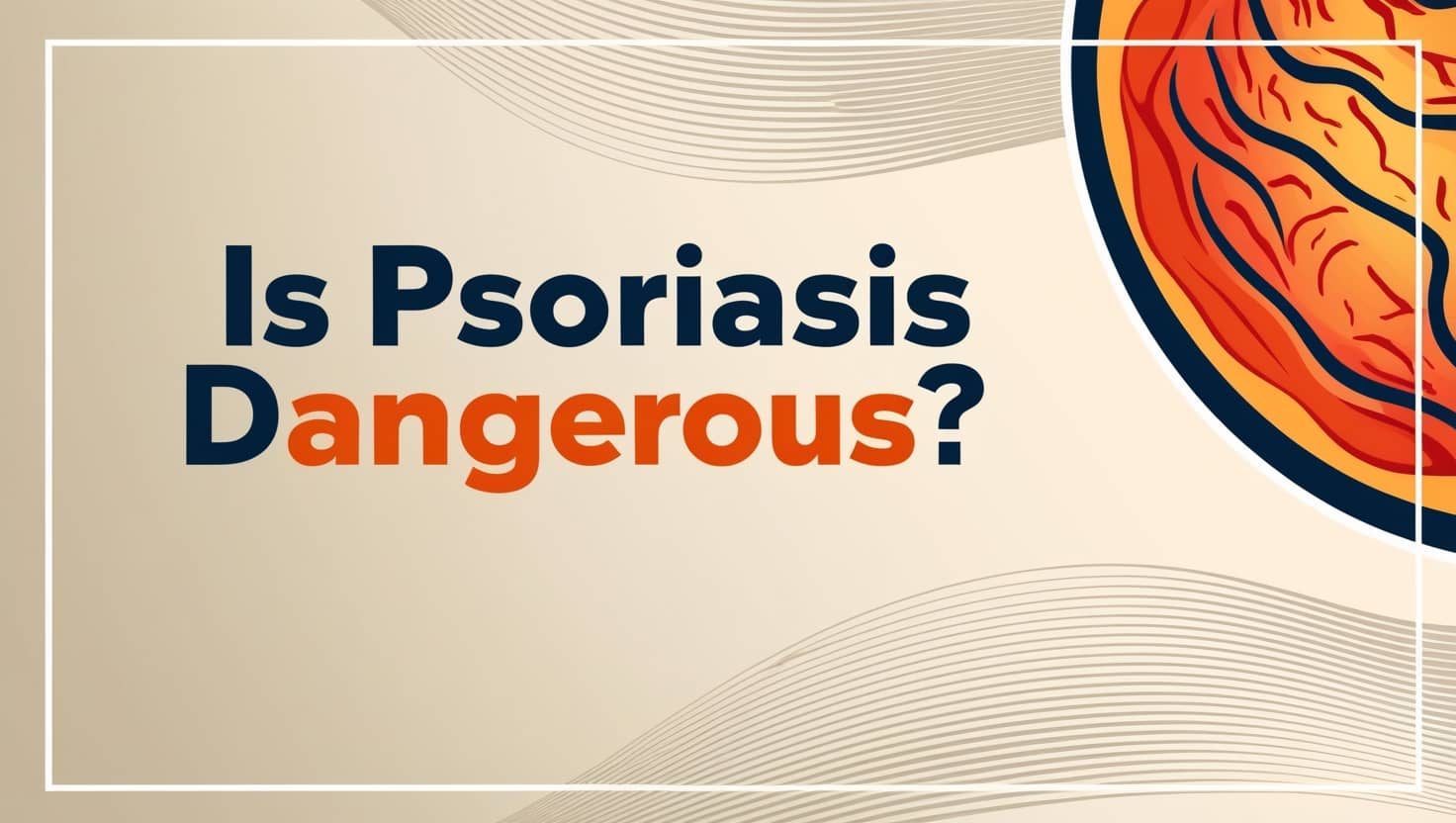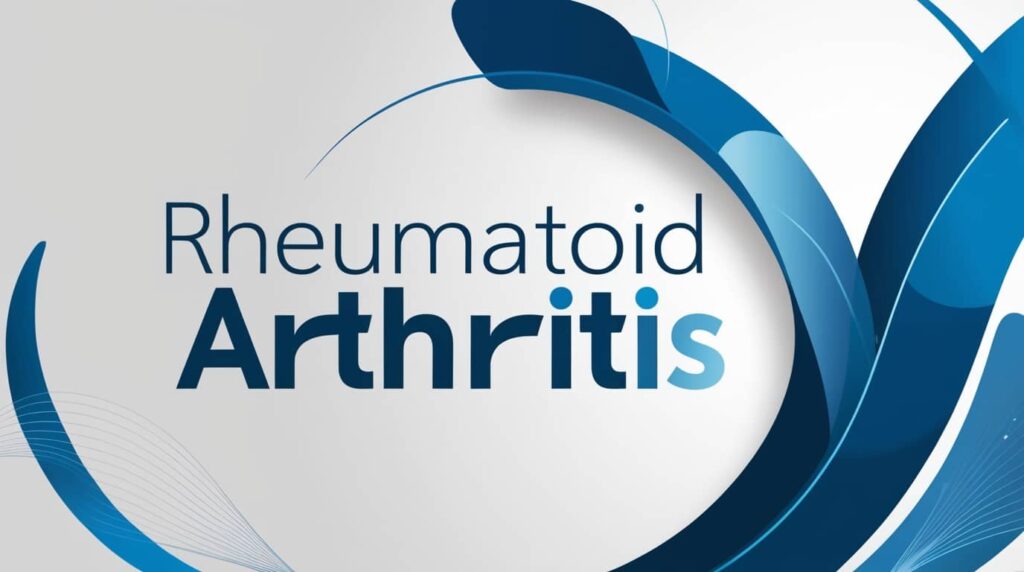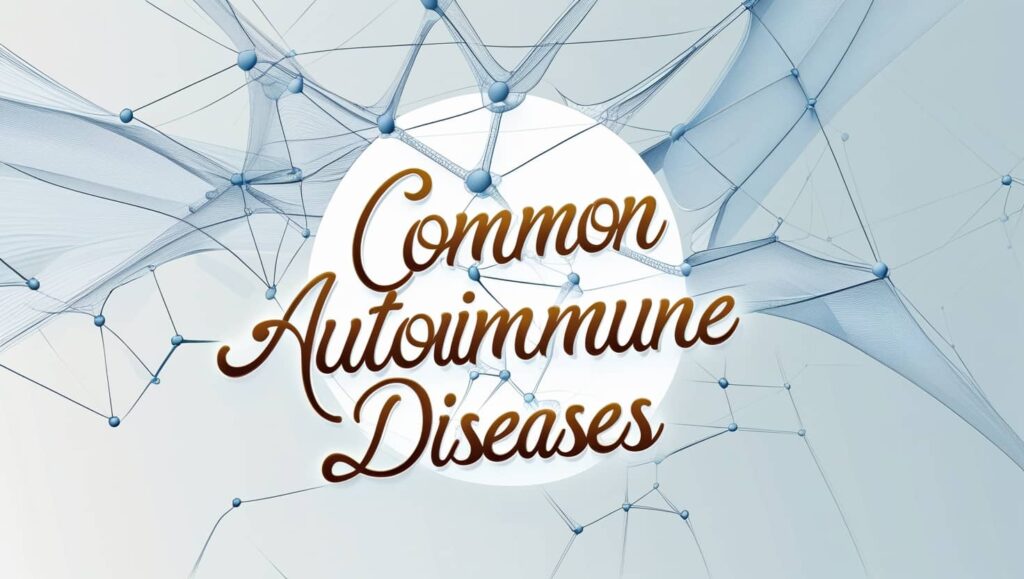Psoriasis is caused by an overactive immune system that causes rapid proliferation of skin cells, especially in the elbows, knees, or scalp.
The exact cause of this condition is not known, but it is believed that genetic and environmental factors play an important role in its occurrence.
But Is Psoriasis Dangerous? Psoriasis can cause more complex health problems for the patient, especially if left untreated, such as psoriatic arthritis, heart attacks, and strokes, in addition to its effects on psychological and mental health, as it causes anxiety and depression.
People with psoriasis are at increased risk of developing Crohn’s disease, diabetes, obesity, osteoporosis, and many other health problems.
Understanding the Health Risks of Psoriasis
Is Psoriasis Dangerous? Psoriasis increases the risk of many serious health problems, so it is important to pay attention to long-term medical follow-up to deal early with any health problem that may result from it, such as:
Psoriatic arthritis: a chronic disease that affects the joints and causes swelling and stiffness.
Other autoimmune diseases: such as Crohn’s disease.
Eye problems: such as eyelid and conjunctival inflammation and uveitis.
Diabetes: the risk of developing it is higher among people with psoriasis compared to others.
Sleep apnea: which causes sleep disturbances and increases the risk of suffocation.
Chronic obstructive pulmonary disease: which causes breathing difficulties, coughing and wheezing.
Vascular problems: such as strokes, heart attacks and high blood pressure.
Metabolic syndrome: This includes obesity, increased waist circumference, high blood pressure, and type 2 diabetes.
Psychiatric and mental problems: such as anxiety, depression and low self-esteem. (NIH, 2023)
Psoriasis Complications You Should Know About
Serious complications of psoriasis include:
- Psoriatic arthritis.
- Metabolic syndrome.
- Obesity.
- Diabetes.
- High blood pressure.
- Stroke.
- Sleep apnea.
- Chronic obstructive pulmonary disease
- Heart attacks.
- Inflammatory bowel diseases such as Crohn’s disease.
- Eye diseases such as conjunctivitis and uveitis.
- Some types of cancer.
- Mental health problems due to long-term pain such as depression and anxiety.
- Severe psoriasis flares and skin infections.
Early diagnosis helps protect the patient from serious complications of the disease, as well as adhering to a healthy lifestyle, exercising, eating a balanced diet, and maintaining an ideal weight.
Managing and Treating Psoriasis Safely
Treatment of psoriasis depends on the severity of the disease, the area of skin affected, and the type of psoriasis.
Treatment usually begins with topical creams and ointments, and if these do not work, oral or injectable treatments may be prescribed.
Ultraviolet light therapy can also help treat the disease.
Topical treatments include:
- Emollients or moisturizers that prevent dry and cracked skin.
- Creams and ointments containing steroids.
- Vitamin D analogues
- Calcineurin inhibitors
- Coal tar
- Dithranol
Tablets, capsules and injections:
- Methotrexate
- Ciclosporin
- Acitretin
- Etanercept
- Adalimumab
- Infliximab
- Ustekinumab
- guselkumab,
- brodalumab,
- secukinumab,
- ixekizumab,
- bimekizumab
- risankizumab
Phototherapy:
- Ultraviolet B (UVB) phototherapy
- Psoralen plus ultraviolet A (PUVA) (NHS, 2022)
Read Also: 12 Natural Remedies for Psoriasis You Should Know
Manage psoriasis and control symptoms safely
To manage psoriasis and control symptoms safely, you can do the following:
- Protect your skin from dryness and apply petroleum jelly immediately after bathing.
- Avoid hot baths and strong soaps and use a warm bath and gentle soap.
- Follow your doctor’s instructions whether for topical treatment or through tablets or injections or light therapy.
- Avoid stress that makes the condition worse and practice yoga and breathing exercises.
- Maintain a balanced diet and a healthy weight.
- Avoid alcohol.
- Identify triggers that worsen the condition such as cold weather, stress or taking certain medications and avoid exposure to them.
- Avoid removing the crusts violently as this may cause a microbial infection and worsen the condition.
- Avoid strong soaps and harsh detergents.
- Do not expose your skin to direct sunlight for long periods.
- Do not neglect medical follow-up, because now you know Is Psoriasis Dangerous?.
- Determine the best treatment plan with your dermatologist and stick to it.
References
NHS. (2022). Retrieved from Treatment – Psoriasis : https://www.nhs.uk/conditions/psoriasis/treatment/
NIH. (2023). Retrieved from Psoriasis: https://www.niams.nih.gov/health-topics/psoriasis







